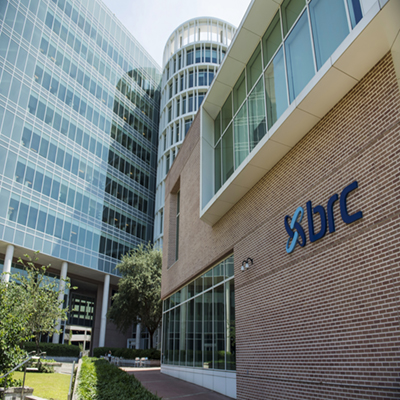So… You’ve hit the “accept” button on the Rice’s Bioengineering (BIOE) admission portal. You decided to come to Houston to start your Ph.D. at a nationally ranked, top-ten BIOE program, and you’re wondering what you can do to prepare. As someone who was recently in your shoes, I’ll be shedding light on the biggest challenges you’ll face in a few months in this blog.
As a first year, some things will be similar to your undergraduate experience.
For example, you will still have classes. BIOE requires students to complete 30 credit hours, nine of which are core BIOE classes. I recommend you sign up for at least one of those classes in your first semester. Many first years take two to three classes in their first semester, in addition to mandatory seminar and research conduct courses. After that, it’s up to you if you want to spread your remaining classes out over a few years or get them done quickly so you can focus on your research. I took three classes every semester for the first year and a half of my Ph.D., and as a second year with one class left and a thesis proposal on the horizon, I’m glad it worked out this way!
As interesting as the things you learn in class are, you joined Rice BIOE to do research… which starts… when you get here!
Rice BIOE works on a rotation system that allows you the chance to complete multiple rotations, but you can also match to a lab after a single rotation if you and your Principal Investigator (P.I.) agree to it. When it comes to matching, the best advice is to make sure you, your P.I., and your lab-mates share similar expectations on mentorship, graduation requirements, and work-life balance. Matching to a lab will happen at different stages for different people in your cohort. I matched to my lab after the first rotation period, while others matched after the second and third.
Classes and rotations combined can sound stressful, so maintaining a work-life balance is crucial.
When I started my Ph.D., it was my first time living away from home, which involved cooking for myself, maintaining my living space, and navigating a city I had never lived in before. To manage my academic responsibilities, I found having a plan is essential. This includes making sure you reach out to faculty members you’re interested in rotating with during orientation week, and that you sign up for all appropriate classes. Talking with current students during orientation is helpful for both of these things. Meal-planning and building a schedule that fits in time for sleep, exercise, and relaxation were also important to help me balance work and life.
Making friends and having fun is also really important for your wellbeing.
As a first year student, I was told that getting a Ph.D. may feel like a race, but it is actually a marathon. To avoid burnout and to finish this journey as excited as when you started, make sure to make friends and have fun! Go to departmental social events, try the different restaurants in Rice Village, and explore the parks and museums in Houston. Along the way, you’ll build yourself a support system that will have your back!
Managing classes, rotations, and your life outside of both can seem tricky, but it is doable.
I recommend having a plan: talk to graduate students about classes you’re interested in and reach out to PIs you want to rotate with in a timely manner. Lastly, make sure to have fun with friends. Developing a healthy work-life balance is critical to maintaining your physical, mental, and emotional wellbeing while accomplishing your academic goals.

